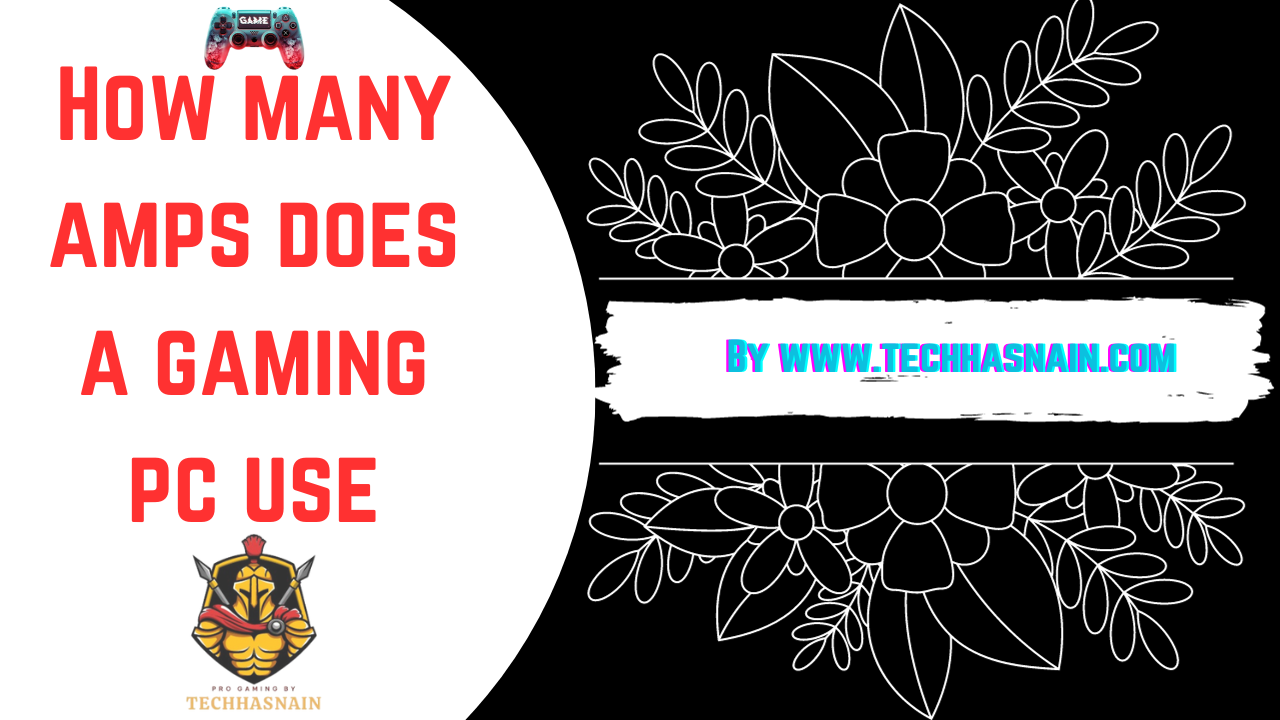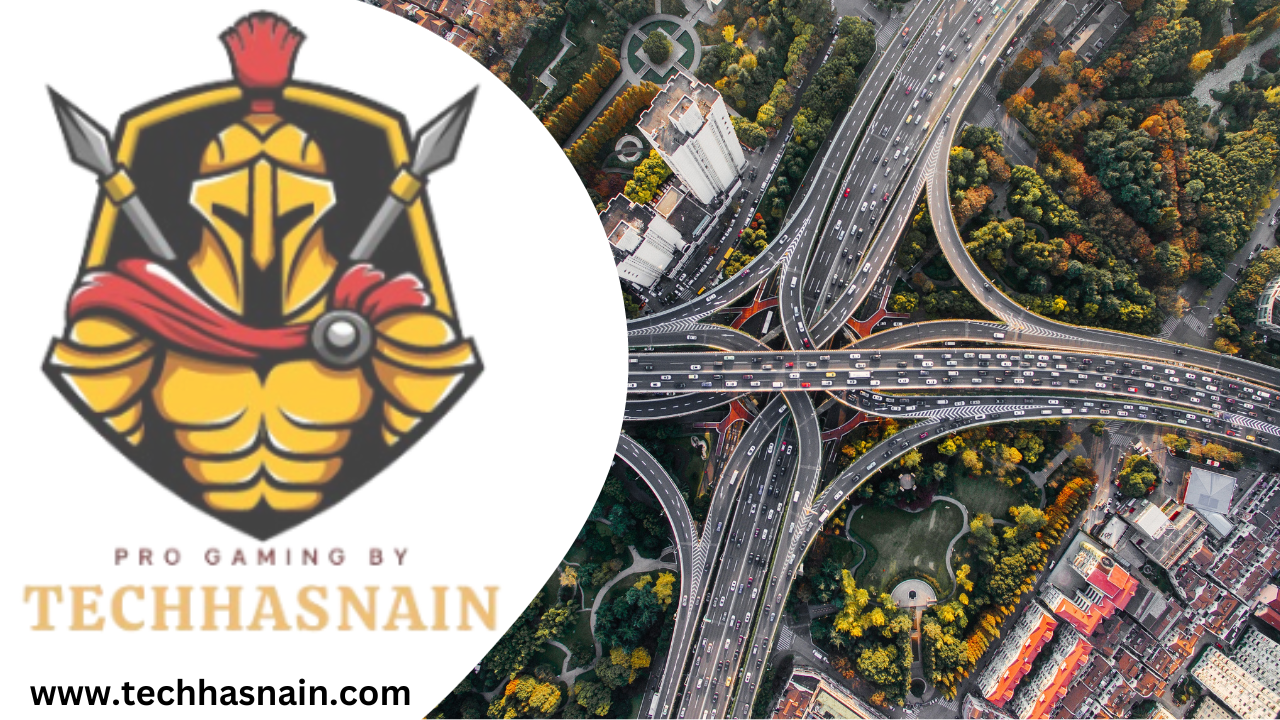As gaming PCs become more powerful and sophisticated, understanding their power consumption becomes increasingly important. Whether you're a seasoned gamer or just starting, knowing how many amps a gaming PC uses can help you manage your electrical resources efficiently and ensure your setup is safe. In this article, we'll delve into the factors that influence a gaming PC's power consumption and provide some guidelines to help you determine the amperage requirements for your rig.
Understanding Power Consumption
Before we dive into specifics, it's crucial to grasp the basics of power consumption. In electrical terms, power is measured in watts (W), and the current flowing through a device is measured in amperes or amps (A). To calculate the current (in amps) that a device draws, you can use the formula:Current (A) = Power (W) / Voltage (V)
Typically, household electrical outlets in the United States deliver 120 volts (V). So, if you know the power consumption of your gaming PC, you can calculate the amperage it requires from the wall socket.Factors Affecting Gaming PC Power Consumption
Several factors influence the power consumption of a gaming PC1. Hardware Components
The most significant factor is the hardware inside your gaming rig. High-end components such as powerful graphics cards, processors, and additional peripherals can significantly increase power consumption.
2. Usage
Different games and applications demand varying levels of system resources. Playing graphically intensive games or running resource-intensive software will draw more power than casual web browsing.
3. Efficiency of Components
The efficiency of your components plays a crucial role. More efficient components require less power to perform the same tasks, reducing overall power consumption.
4. Overclocking
Overclocking your CPU or GPU can increase their power requirements. This is because higher clock speeds and voltage levels are often needed to achieve better performance.
5. Power Supply Unit (PSU) Rating
The wattage rating of your PSU is a critical factor. If your PSU doesn't provide enough power for your components, it can lead to instability or even damage. However, using an excessively large PSU can also be inefficient.
6. dle vs. Load
Gaming PCs draw more power under load (when you're actively playing a game or running demanding applications) than when they're idle. Modern systems often have power-saving features that reduce consumption when not in use.
Calculating Amperage for a Gaming PC
To calculate the amperage your gaming PC requires, you'll need to follow these steps1. Determine Power Consumption
Find the power consumption of your gaming PC. You can usually find this information on the labels of your components or in their specifications provided by the manufacturer. Make sure to include your GPU, CPU, RAM, storage devices, and any additional peripherals.
2. Add Up Component Power
Sum up the power consumption of all your components. If you're unsure about any component's power usage, you can estimate it based on its rated wattage.
3. Account for PSU Efficiency
Power supplies aren't 100% efficient, so you'll need to account for this. Divide the total power consumption by the PSU's efficiency percentage to find the power drawn from the wall. For example, if your system consumes 400W and your PSU is 90% efficient, you'll need 444.44W from the wall (400W / 0.90).
4. Calculate Amperage
Finally, use the formula mentioned earlier to calculate the amperage. Divide the power drawn from the wall by the voltage of your electrical outlet (typically 120V in the US). For instance, if you need 444.44W from the wall, the current required will be approximately 3.70A (444.44W / 120V).
It's worth noting that gaming PCs often draw more power when starting up due to the initial surge of current needed to spin up fans and drives. However, this is a brief spike and not a continuous load.
Remember that power consumption can vary widely based on your PC's components and usage. High-end gaming rigs with top-tier components will demand more power than budget-friendly setups. Regularly monitoring your PC's power consumption can also help you make informed decisions about upgrades or adjustments to optimize performance and efficiency.
Lastly, always consider the quality of your power supply unit. A reliable PSU not only delivers stable power but also helps you avoid potential electrical issues. In the end, balancing performance and power consumption is the key to a satisfying gaming experience while maintaining a safe and efficient setup.
It's worth noting that gaming PCs often draw more power when starting up due to the initial surge of current needed to spin up fans and drives. However, this is a brief spike and not a continuous load.
Conclusion
Knowing how many amps a gaming PC uses is essential for several reasons. It helps you ensure the safety of your electrical setup, avoid overloading circuits, and choose an appropriate power supply unit. Additionally, understanding power consumption can aid in managing energy efficiency and reducing your carbon footprint.Remember that power consumption can vary widely based on your PC's components and usage. High-end gaming rigs with top-tier components will demand more power than budget-friendly setups. Regularly monitoring your PC's power consumption can also help you make informed decisions about upgrades or adjustments to optimize performance and efficiency.
Lastly, always consider the quality of your power supply unit. A reliable PSU not only delivers stable power but also helps you avoid potential electrical issues. In the end, balancing performance and power consumption is the key to a satisfying gaming experience while maintaining a safe and efficient setup.








Post a Comment
0 Comments